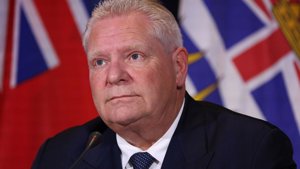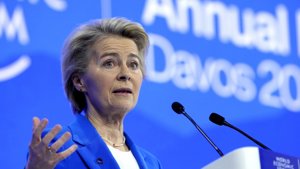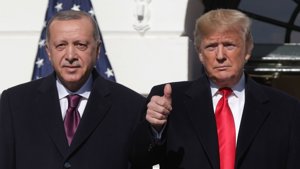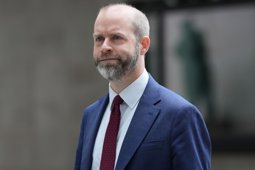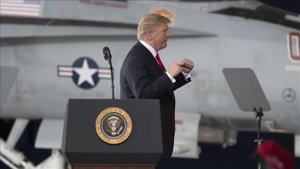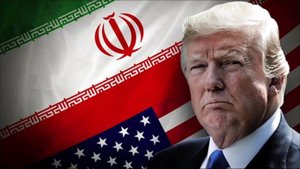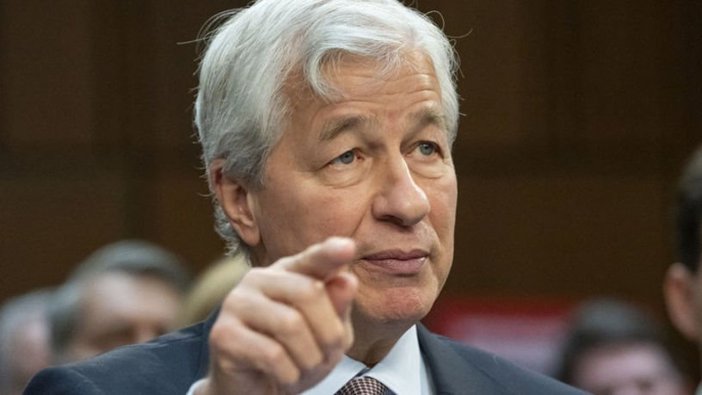
Trump Agrees Tariffs Need Swift Action
United States President Donald Trump acknowledged the urgency of addressing tariffs on Wednesday, aligning himself with recent comments from JPMorgan Chase & Co. CEO Jamie Dimon. Speaking in front of the White House, Trump told reporters he had watched Dimon’s interview on Fox Business earlier that morning and agreed with the executive’s assessment that action was necessary.
“Dimon said something had to be done [about the issue of tariffs],” Trump stated, shortly after announcing a 90-day delay on reciprocal duties. The pause is aimed at providing space for trade negotiations with countries that have not retaliated against the U.S.
During his appearance on Fox Business, Dimon emphasized the need for swift progress on resolving the ongoing tariff disputes. He warned that failure to act could destabilize markets and potentially lead to a recession. “I hope what they really do is ... get those things done quickly,” Dimon said, advocating for accelerated negotiations that could calm investor fears and restore economic confidence.
Dimon also highlighted the inflationary risks associated with tariffs, noting that prolonged levies could drive consumer prices higher. His remarks reflect growing concern among business leaders that the current tariff landscape may have unintended consequences for both companies and consumers.
Trump’s acknowledgment of Dimon’s warnings marks a notable intersection of political and corporate perspectives on trade policy. While the administration has defended tariffs as a necessary tool for rebalancing international trade, the president’s latest comments suggest a recognition that delays in resolution could carry economic costs.
The 90-day suspension of duties, announced by Trump earlier in the day, is part of a broader strategy to incentivize dialogue with cooperative nations. China, however, remains excluded from this pause due to its retaliatory actions. Trump has indicated confidence that even China will eventually seek a deal, though the timeline remains uncertain.
As economic pressures build, Trump and key figures like Dimon appear to converge on one point: that action on tariffs must be both decisive and timely. Market participants and international observers will now look to see whether policy and negotiations align fast enough to prevent broader financial disruption.

